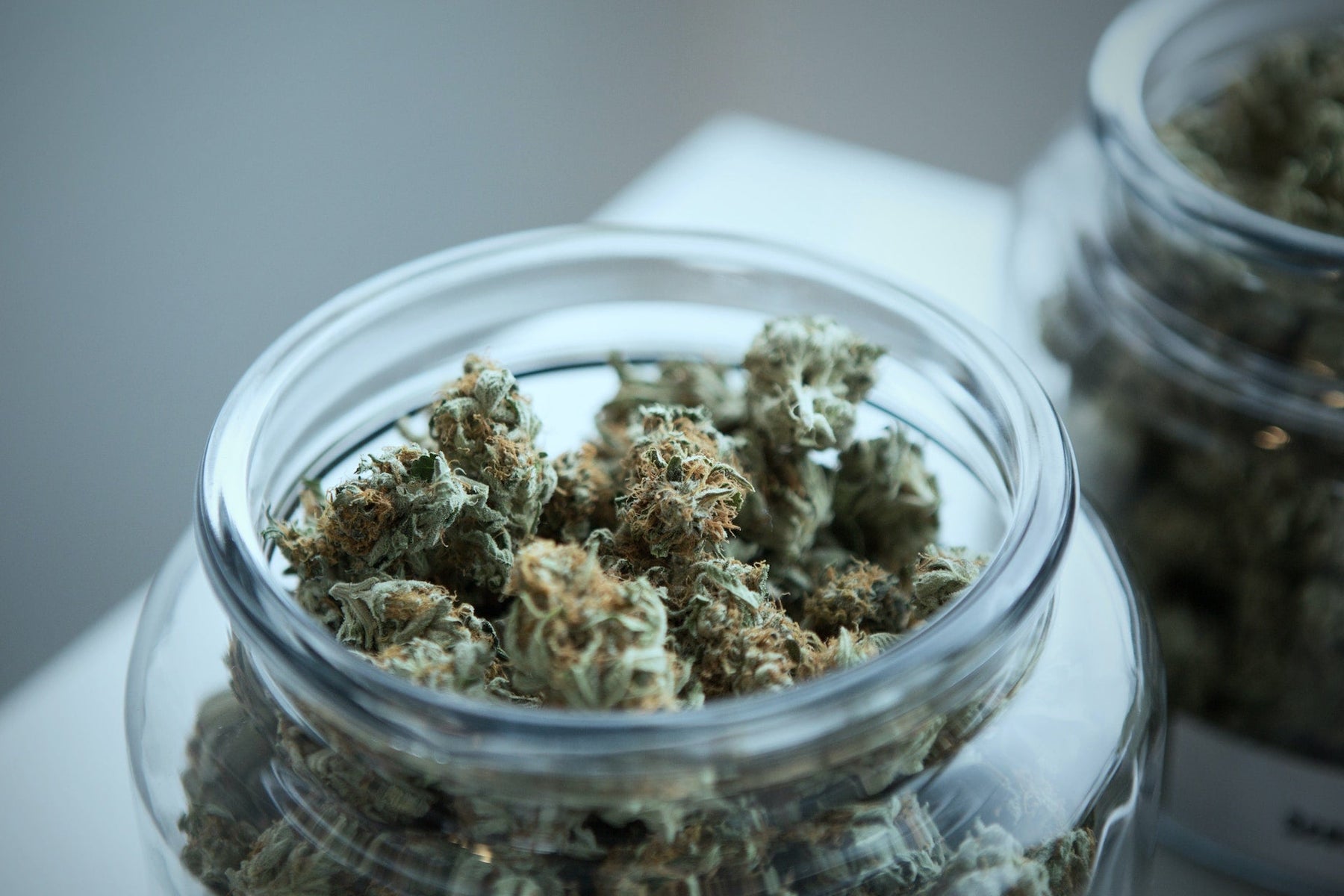
Exploring the World of ThCA: Cannabinoid Benefits and More
Cannabis research has come a long way in the last few decades, with scientists and researchers steadily unveiling the complex world of cannabinoids that make up the cannabis plant. Among these cannabinoids, tetrahydrocannabinolic acid (THCA) is fast gaining attention for its potential therapeutic benefits. Let’s delve into the world of THCA, its relation to THC, and how it differs from delta-8 and delta-9, along with its potential effects and benefits.
What is THCA?
Tetrahydrocannabinolic acid (THCA) is a non-psychoactive cannabinoid found in raw, live cannabis plants. As the plant dries, THCA slowly converts to delta-9-tetrahydrocannabinol (Δ9-THC), the psychoactive compound responsible for the "high" associated with cannabis consumption. This conversion process accelerates when the plant material is exposed to heat, a process called decarboxylation.
In essence, THCA is the precursor to THC; without it, THC would not exist. However, it's essential to note that THCA exhibits different properties and potential benefits than its infamous counterpart, making it an exciting subject for researchers and users alike.
THC vs. THCA
The primary distinction between THC and THCA lies in their psychoactive properties. While THC is known for its intoxicating effects, THCA is non-psychoactive, meaning it doesn't produce the "high" associated with cannabis use. This difference allows THCA to be explored for its potential therapeutic benefits without the accompanying psychoactive effects present in THC.
Another significant difference between the two lies in their molecular structure. The carboxyl group present in THCA is absent in THC, making them structurally different. This structural difference determines how these cannabinoids interact with our body's endocannabinoid system, leading to different effects and benefits.
Is THCA the Same as Delta-8 or Delta-9?
THCA is different from delta-8 (Δ8-THC) or delta-9 (Δ9-THC). While THCA is a precursor to delta-9, it is a distinct compound with different properties. Delta-8 is an analog of delta-9, having a similar molecular structure but with a few key differences.
The primary difference between delta-8 and delta-9 is the location of the double bond in their molecular structure. This slight variation results in delta-8 being less potent than delta-9, causing milder psychoactive effects. Thus, THCA, delta-8, and delta-9 are all individual cannabinoids with unique properties and potential benefits.
THCA’s Effects and Benefits
As research on THCA continues to unfold, its potential benefits are gradually coming to light. Some of the most promising areas of research include:
1. Anti-inflammatory Properties
Preliminary research suggests that THCA may have potent anti-inflammatory properties, making it a potential candidate for treating conditions like arthritis and inflammatory bowel disease (IBD).
2. Neuroprotective Effects
Studies have shown that THCA exhibits neuroprotective qualities, making it a potential therapeutic agent for neurodegenerative disorders like Parkinson's disease and Alzheimer's disease.
3. Antiemetic Properties
THCA has effectively reduced nausea and vomiting in animal models, suggesting potential benefits for patients undergoing chemotherapy or those with chronic gastrointestinal issues.
4. Antiproliferative Effects
Early research indicates that THCA has antiproliferative properties, which could inhibit cancer cell growth. However, more research is needed to understand its full potential in cancer treatment.
5. Analgesic Properties
Some studies suggest that THCA may have pain-relieving properties, offering potential relief for those with chronic pain conditions without the psychoactive effects of THC.
Conclusion
While THCA is still a relatively underexplored cannabinoid, early research points to a promising future for its potential therapeutic applications. As the scientific community continues to investigate the unique properties of THCA and its effects on various medical conditions, consumers can stay informed and be prepared to explore the potential benefits of this fascinating cannabinoid.
Looking for the best quality products in the cannabis market? Look no further than Happi! Our products are carefully crafted to ensure safety, legality, and responsibility, and are fully compliant with all federal and state regulations. Shop with us today and experience the highest quality Delta-8 (and more) products on the market!


